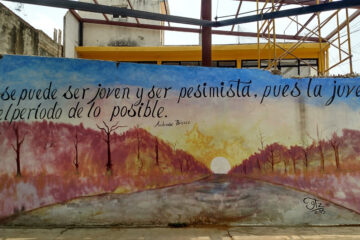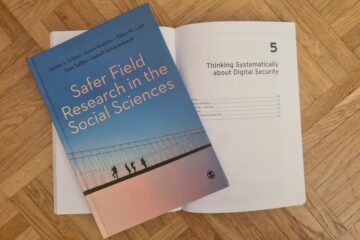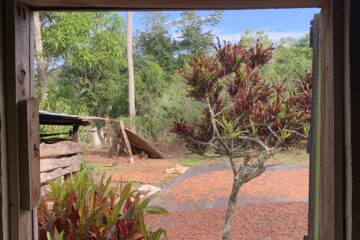Defining an Ethics of Care in Fieldwork: Reflections on the Digital Turn
by: Mneesha Gellman, Emerson College (visit author’s website) Cliquea aquí para el artículo en espanol I have a confession to make. I have been avoiding writing this post for a long time, because secretly, I worry that what I have to say about digital fieldwork will be discouraging, unhelpful, Read more…



